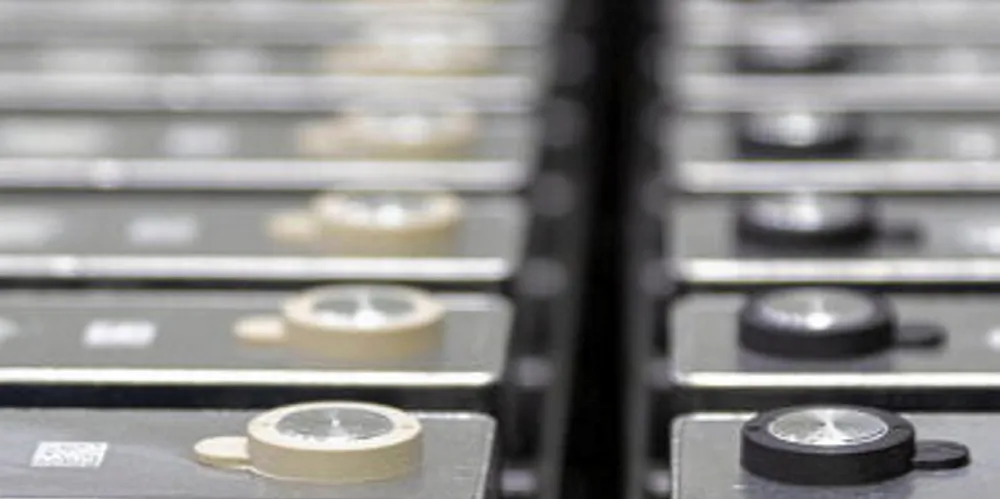Fire safety tech manufacturing defects in more than a quarter of grid battery storage systems: study
Lithium-ion pivotal for large-scale renewable energy growth but quality issues must be tackled, claims report

Lithium-ion pivotal for large-scale renewable energy growth but quality issues must be tackled, claims report
